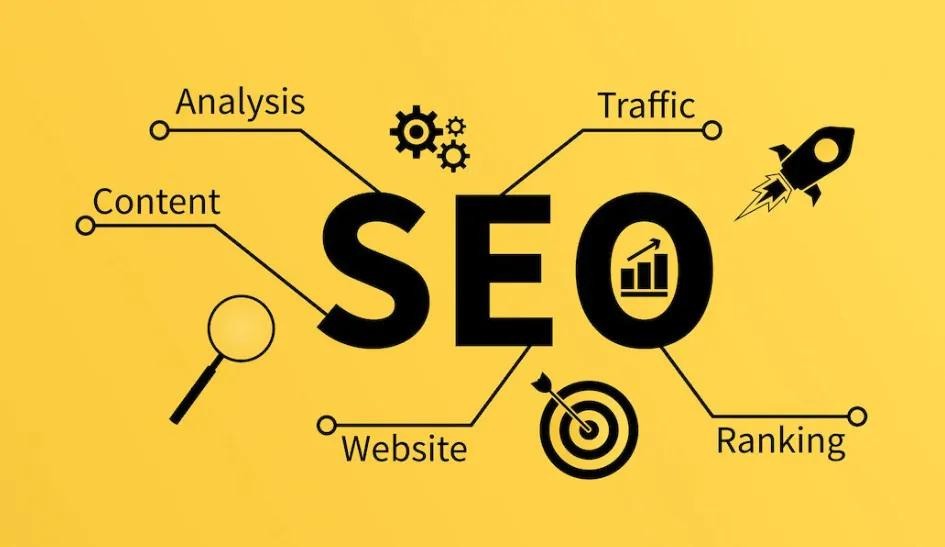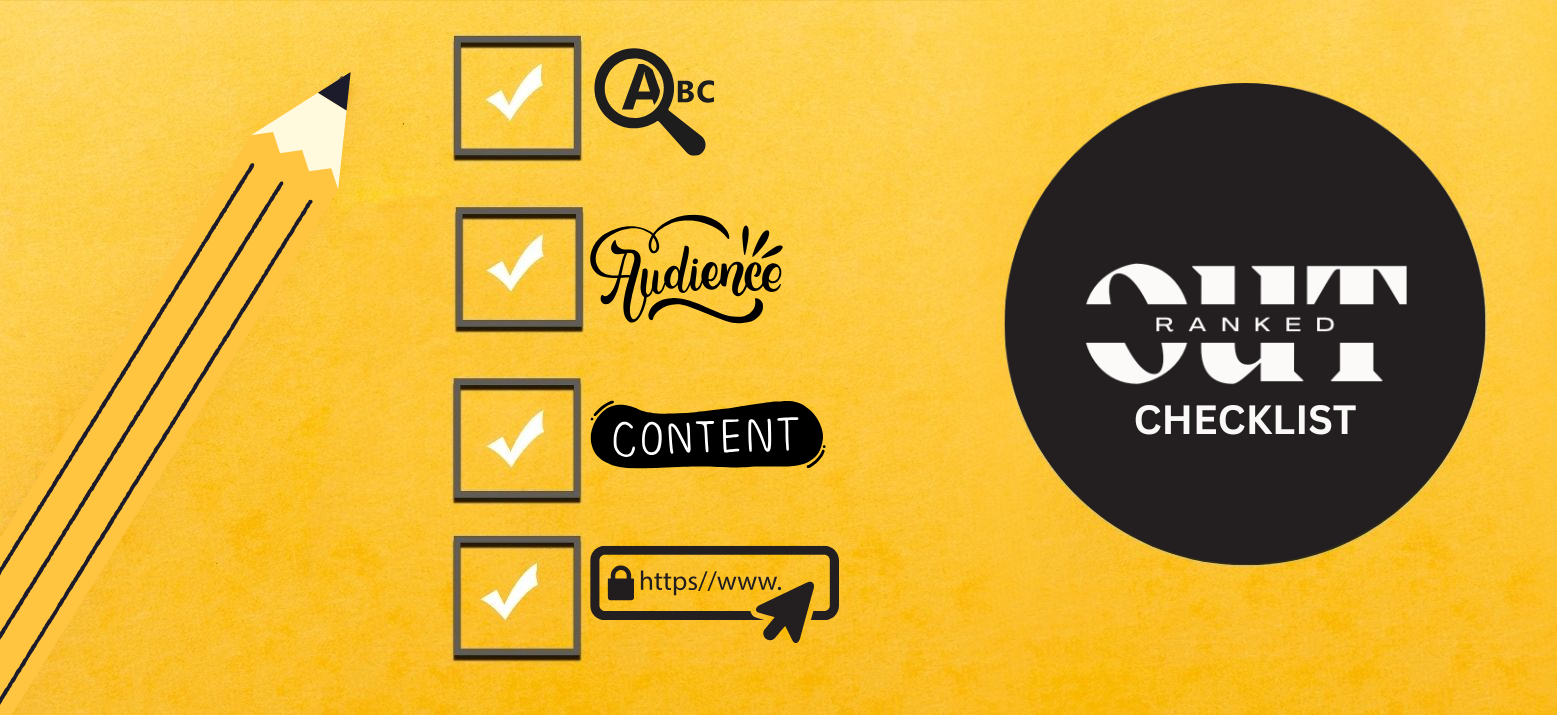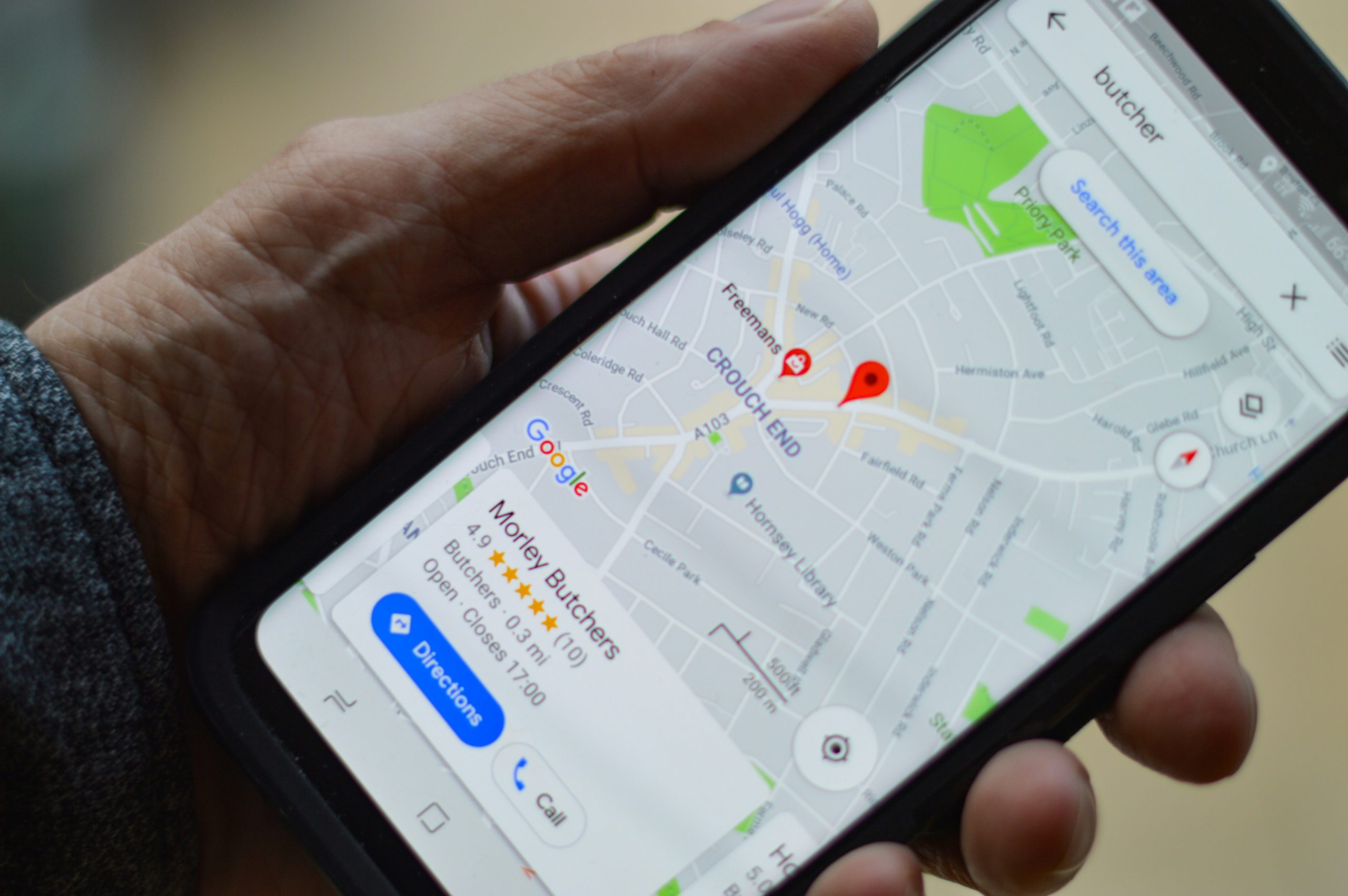Search Engine Optimisation (SEO) might sound technical, but it’s a skill anyone can learn with the right approach. Whether you run a business, write a blog, or manage a hobby website, understanding SEO will help you increase your visibility online. Let’s break down the basics into simple, actionable steps.
SEO stands for Search Engine Optimisation. It refers to the practice of improving your website so that search engines, like Google or Bing, can find and rank it easily. The higher your site ranks, the more likely users will see it.
Think of SEO as building a road map for search engines to follow. Without it, your website might not even appear in relevant search results.

Every day, millions of people search for information online. If your site doesn’t appear when someone searches for something you offer, you’re missing out. For example, if you sell fishing lures and don’t optimise for terms like “best fishing lures for beginners,” potential customers may never find you.
SEO isn’t just about attracting visitors. It’s about connecting with the right audience for those genuinely interested in what you provide.

To master SEO, you should focus on three main areas:
Keywords are the phrases or terms people type into search engines. For example, “best fishing gear in Northampton” could be a keyword for a local fishing equipment shop.
You can:
On-page SEO focuses on improving elements directly on your site. Here are a few essentials:
Off-page SEO refers to actions outside your website that impact your rankings. The most important factor here is acquiring backlinks to your site from other reputable websites.
To build backlinks:

Technical SEO ensures that search engines can access and index your site. A poorly optimised site might struggle to rank, no matter how great the content is.
You should:
SEO is not a one time task; it’s an ongoing process. You’ll need to measure your efforts regularly to see what works and where you can improve.
Tools like Google Analytics and Google Search Console can help you track:
While SEO can boost your visibility, mistakes can harm your rankings:

If you’re new to SEO, start small:
From there, you can explore more advanced tactics like Technical SEO and backlink strategies.
SEO might seem overwhelming at first, but each small step can make a big difference. By focusing on what your audience needs and helping search engines understand your site, you’ll set yourself up for success. Remember, SEO is a journey, not a sprint, so stay patient and consistent.
Out Ranked Limited.
Nene Business Center, Wellingborough, NN9 5QF.